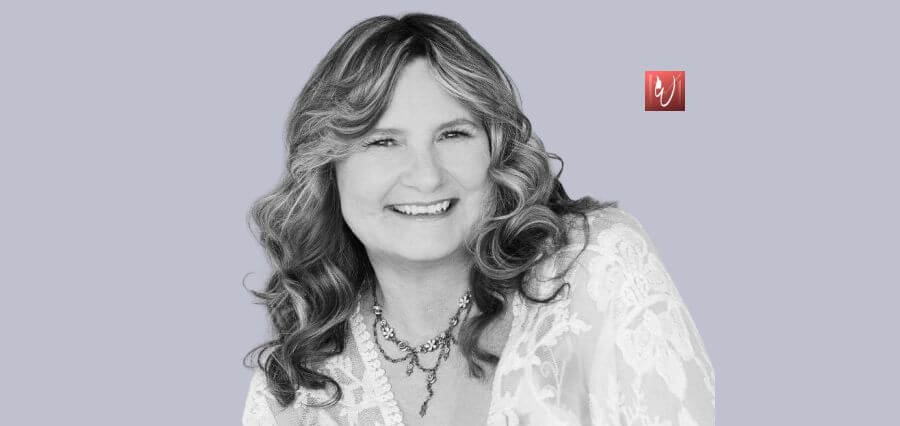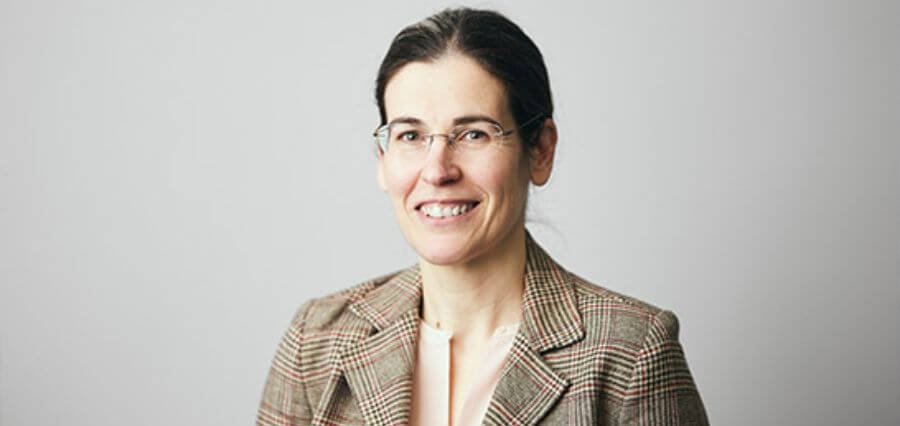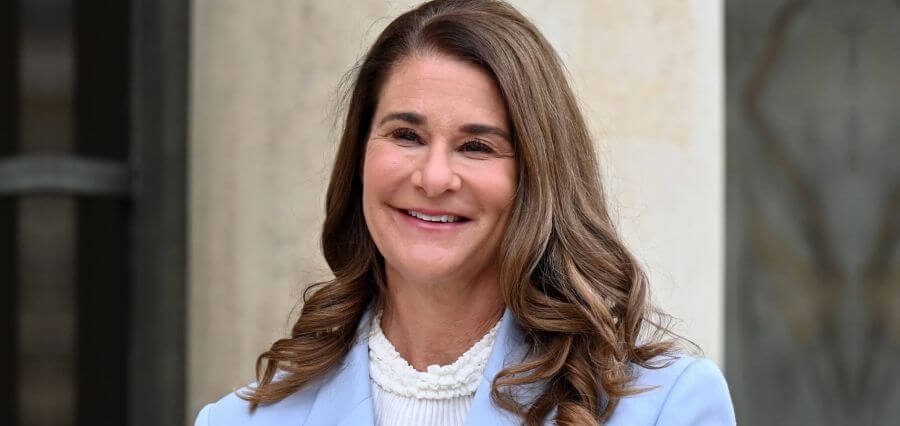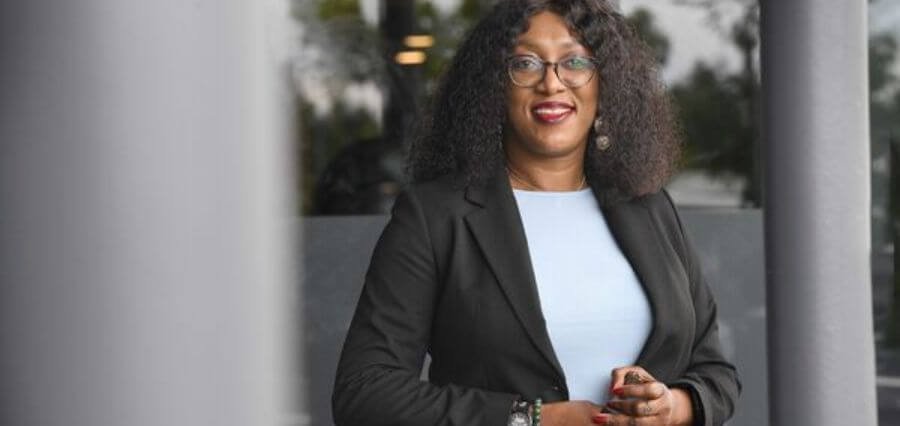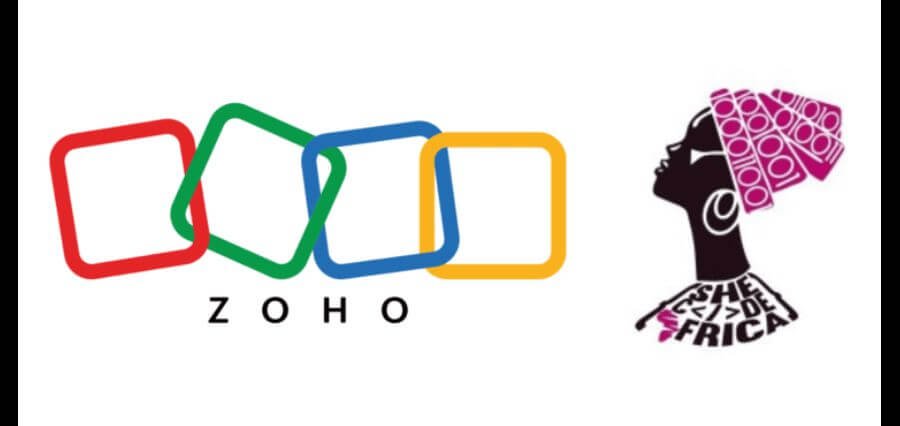The future of education is shaped by a pedagogical leadership approach that brings empathy, authenticity and emotional intelligence into its core. A winner of many awards and accolades, Dr. Dawn Menge brings this approach to the fore. She honed her expertise as a Special Education teacher at SBCSS and a Lecturer at CSUSB by guiding numerous students alongside authoring and publishing Queen Vernita’s Educational Series and Dragon’s Breath.
She shares that The Queen Vernita and Queen Giggles series teaches children and adults about friendship, empathy and knowledge of cultures. “And our environments and a healthy curiosity for our natural world.” Queen Giggles and King Teddy Bear support their kingdom by protecting it from a dragon who is pretending to be supportive but is actually harming their village.
Stories for Children to Explore
The book Precious the Baby Dragon has won over 50 film festival awards and was the featured screenplay at the San Diego Kids Film Festival last August. The local children’s playhouse added dancing, jokes and singing to the already successful book and brought it to life. It was an author’s dream come true.
In her newest book, The Christmas Wreath, Harmony and Scott have to put their love on hold due to the evil actions of two women. What transpires brings new hope for true love, and a true meaning to love conquers all. Harmony and Scott’s ability to see beyond the chaos that these two women created in both their lives is a testament to the strength of the human spirit.
Her other published works (dissertation) include The Six Federal Individual Education Plan Goals and The Effectiveness of Their Implementation in Preparing for Transition.
Her Million Milestones
Dr. Menge’s award list also includes the Special Recognition Champion Award from Conquering Disabilties with Film, Best Written Word from Miracle Makers Film, Hollywood Dreams Film and International Author Boss Award from Power Conversations Magazine.
Most recently, she won the Special Education and author award from the International Organization of TOP professionals. “We will be having the Gala at the Bellagio in December,” she informs. The Fluxx awards were announced in Hong Kong at the beginning of June. She received the Special Education Teacher Award through this organization.
Dr. Menge was also a presenter and Excellence in Education award recipient for the 2.0 Education conferences in Vegas in February. “I am very honored to be recognized for my almost thirty years of work in the educational field. I have always taken great pride in working with our students and their families.”
Her educational series has won over ninety literary awards and 200+ film awards. “The series is named after my grandmother and includes family and friends.” There are now sixteen published books with the Queen having adventures in New Orleans, Hawaii, Alaska, Astronomy, an Old Fashioned Paddleboat, and a Magical Christmas Train Ride. There will be upcoming adventures in Italy, Ireland, Africa, Calico Ghost Town, and the Grand Canyon, to name a few more.
The Land of Quails House promotes literacy around the world with Dr. Menge’s most recent trip to Ghana, Africa, to work with children who are gaining experiences in education and work to help them stay out of child labor and sex trafficking. “There were supposed to be only thirty children, and there were over 100 children dressed in their finest attire to greet us,” she informs.
They were so excited to be receiving school supplies. It is very heartwarming to see children so eager to learn. All of the participants who were on the trip noted one thing as we traveled around the country of Ghana. The children were all playing outside, and none of them had a phone in their hands. “I think we have lost so much for our children by giving them phones to entertain themselves,” cautions Dr. Menge, whose own professional journey is—
—A Saga of Resilience and Overcoming Cliffs of Obstacles
When she began her educational journey at a local junior college, Dr. Menge had three young children. Her husband at the time worked long hours making snow in the winter at their local ski lift and fighting forest fires in the summer. Daycare was out of the question at that time. She took several classes and volunteered in a kindergarten classroom. “My mother was the teacher, and I was able to bring my children into the classroom with me. I learned how to work in centers, build bulletin boards and logged in many hours this way as I worked towards my AS in Business Management.”
After she graduated, Dr. Menge secured a job as an assistant in a special needs classroom. She was very fortunate to have two wonderful mentor teachers who taught her how to work with students with severe cognitive delays. “I enjoyed working on the same campuses as my children as I was working towards my Bachelor’s and raising three teenagers. My children would come and bring their friends and sit with us at the lunch table. They were amazing young people.”
Dr. Menge continued to work during the day and applied for distance learning through Washington State University. “This was the beginning of distance learning and the professors would videotape their lectures and send them for us to watch.” The tests would be sent to the principal of the elementary school where she worked and she would take the tests during her lunch break.
When she completed her Bachelor’s, Dr. Menge was able to start a new junior high class with the students she had been working with. “I was lucky enough to receive two assistants who shared the same educational philosophies, and we all stayed together with the initial nine students, and we moved to the high school and then an adult center in the community.” They graduated alongside her youngest child. It was a very joyous but sad time.
“While our students were in the adult center, they worked in several businesses, attended junior college, took snow ski lessons and earned their own money to go swimming with the dolphins at SeaWorld.”
Dr. Menge began working on her PhD in Curriculum and Instruction. Her research was based on the six Federal Transition Goals and their effectiveness for students transitioning into adulthood. Under IDEA, four transition goals have been created for each student who is reaching sixteen years old.
Dr. Menge mentors teachers who are completing their Induction program to clear their credentials. She also mentors new teachers to help increase the retention rates for teachers in special education. She has worked as an adjunct professor at their local university, teaching Moderate/severe curriculum, Special Education Law, and special circumstances in Special education. “I enjoy working with teachers who are newly into the profession to help them learn to navigate the parameters of teaching students with special needs.”
Education That Transforms
Her educational philosophies when it comes to special education for her students are always centered on their transition into adulthood. “Preparing not only our students, their families and the community for their inclusion into a work or program environment.” With this philosophy comes responsibility in working with local businesses and the TPP program to ensure a smooth transition from school to the workforce. “Believing in your students and their abilities, finding their strengths and building up their weaknesses.”
As a recognized visionary leader, according to Dr. Menge, educational innovation encompasses many aspects of today’s world. The HundrED 2025 Report identifies four key trends shaping global educational innovation. These trends reflect the evolving needs and challenges of education today, offering practical, scalable solutions to transform learning.
- Student well-being and sustainability.
- The selected innovations prioritize critical thinking, collaboration, creativity, and digital literacy.
- Collaborative learning.
- Digital programmes and AI tools (Profuturo, 2025).
“Based on these trends, putting our student’s well-being as a priority is indeed a major shift in the educational system. Teaching our students how to monitor their own emotional needs only makes them stronger within their families and the community,” she adds. Also, being aware of others’ needs and balancing out reactions versus responses, especially in the wake of increased gun violence within schools and communities.
She furthers, “Developing critical thinking skills is imperative to teach our children, especially as AI is becoming more prominent.” To be able to distinguish between a factual statement and a statement generated to create an emotional response will decrease societal conflicts.
Learning the skills of collaborating rather than always competing creates an educational environment in which the students are learning from each other. It teaches them to support those who may need help in an area rather than being negative towards others and picking on each other. This decreases the violence between the students, and they learn compassion and empathy for others.
Digital programming is becoming a staple within the curriculum areas. “Assessments of our students being done through electronic programmes have increased.” Documentation is easily gathered in this manner, but it takes away the human factors of informal assessment, cues triggering teachers to ascertain the students’ comprehension of a particular subject.
Dr. Menge believes these assessments should be balanced with teacher-student interactions. AI tools are used during state testing to determine if a child will continue on the same level, stop, or progress to harder questions. “Again, the use of technology to teach and assess our students needs to be balanced out with human interactions and connections.”
An Expert in Transition
When asked how she leveraged her role to advocate for inclusivity, accessibility, or equity in education, Dr. Menge says, “As I have mentioned, my expertise is in transition. I have engaged businesses within the community and supported my students on campuses to make sure they were included.” Working with new teachers to support their efforts in including their students in on-campus activities is imperative to their students’ growth.
“I think that those who see inclusivity, accessibility and equity for all people as a positive move for our people but support the current political climate of eliminating the safeguards believe that they are no longer needed. That people will continue to be considered for their access to the community at large without our current laws. I believe we need to be careful as we move forward, as this may not be the case, and all of the hard-fought-for progress that has been made will not be sustained without the current laws.”
Dr. Menge is also preparing her students to thrive in a rapidly changing global environment. She says, “Our students with special needs are learning to evolve and adapt in an ever-changing world.” The demands on them have increased significantly over the course of her teaching career. The use of technology has opened up many new adventures for those students who are proficient in their technology skills. This is a strong skill for students with Autism. “I learned just the other day that one of the major hotel chains employs people with visual impairments to set up their reservations.” Teaching the use of Braille and adaptive technology while still in public education has opened up an employable skill for them.
Many of her students are using varying types of transportation, such as aeroplanes, to travel. There is a simulated aeroplane in LA that many of her families have used to prepare their children with Autism for their travels. It encompasses everything from baggage check to speaking to the personnel and sitting in their seats flying.
She adds, “We prepare our students through the use of technology training and employment experiences.” With the acceptance of people with disabilities into the community, employers are encouraged to hire people based on abilities rather than disabilities. Exposing not only the students to new environments and demands an educator’s role is to teach the community to value people with differences.
A Distinctive Approach
Dr. Menge has further developed a unique approach to mentoring young educators and aspiring leaders within her institution. She reveals that the retention rate for new teachers is a grave concern for schools. According to CCNETWORK, “Special education teachers ensure equitable access to education for 7.2 million public school students with disabilities. According to the January 2022 results of the National Center for Education Statistics school survey, 45% of responding schools reported that special education was identified as the teaching area with the most vacancies.”
She takes great honor in supporting their newest teachers by helping them to navigate their many responsibilities as a newly hired Extended Needs Support teacher. The Extended Needs Support teacher is the newest acronym for Teachers who teach students with special needs.
Many require emotional support and someone who will listen to them at the end of a particularly demanding day. Having a support staff who they are able to be open and honest about their own personal needs and concerns in addition to their triumphs is especially important. The educational climate is rapidly changing and all of the teachers will need support from their administration and from the community. “Whether the student is in regular education of special education our children are our greatest asset and should be treated as such.”
As she continues making a difference in students’ lives year after year, according to Dr. Menge, it’s always the students themselves that keep her engaged and working towards offering them varying experiences during their school day. “Knowing that a student has gained more self-confidence or self-reliance because of the structure of our system fuels the passion that brings hope.”
Expanding Her Purpose
When asked how she stays connected to her “why” amid the demands of academia and leadership, Dr. Menge says that after almost thirty years in the educational environment, trying to find her “why” can be a challenge at times. “I expanded my role as an educator by mentoring others, teaching at the local university, and spreading literature around the world through Land of Quails House.” Being an author has awarded her access to children and adults who are expanding their literacy skills around the world. Queen Vernita and Queen Giggles’ adventures are being read in classrooms around the world, including Ireland, the UK, Africa, Germany, and the US. She has recently ventured to Ghana, Africa, “And spoke at the Cape Coast Castle about how important it is to share our experiences with the world.” During the conference, she met several local teachers and was able to send them a total of 100 books for their students.
“It was such a great joy to receive beautiful pictures of the children and young adults enjoying the books,” she said. She was also able to send several of her writing books to help the children learn to explore their own experiences and create their own stories to share. “Even though we were worlds apart, their students are learning the same basic skills as ours.” Academic knowledge, literacy skills and employment skills. “We have such a commonality between all of us around the world that we should honor this and build on it.”
Dr. Menge truly hopes that her public role as an educator and author will inspire others to do what they can to increase literacy, build worldwide connections, and support children, whether they are near or far.
Balancing Humanity with AI
Envisioning the future of education over the next decade with deep integration of technology, Dr. Menge believes that technology is becoming the cornerstone of the educational environment in the classrooms. Being able to access assessment materials, curriculum development and lesson planning through AI is convenient but not always the best option. “We really need to balance out the use of technology in our classrooms with human interactions and connections.”
Finally, to women leaders striving to make a meaningful impact in education, Dr. Menge appeals, “The best advice I can offer to other women is to follow your passions. You will make an impact in other’s lives if you live with authenticity and truth.”

